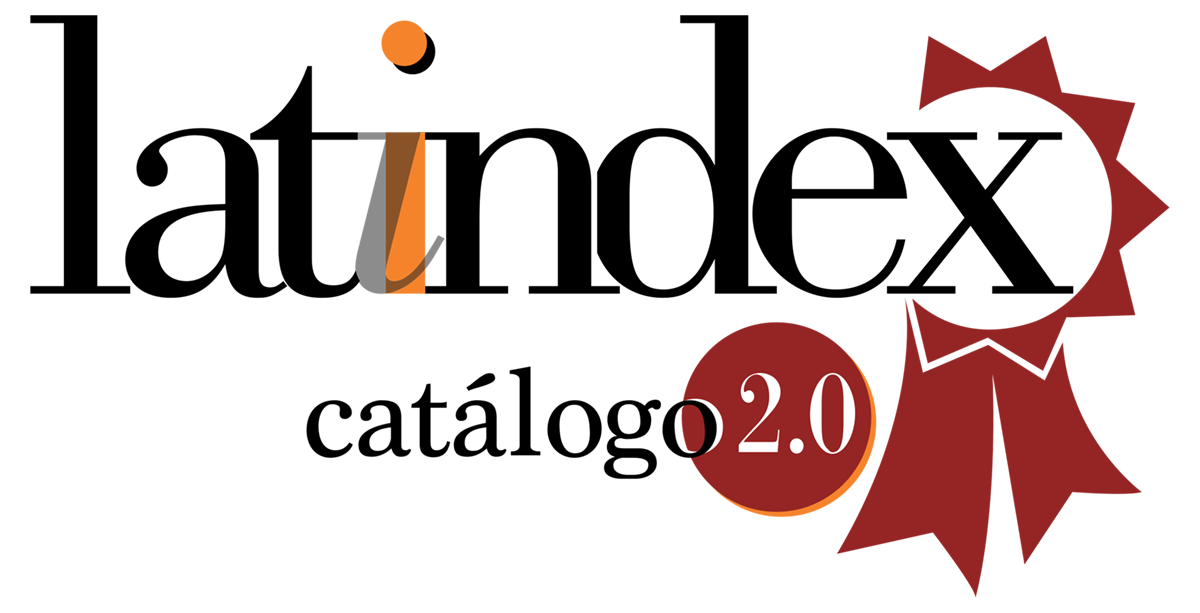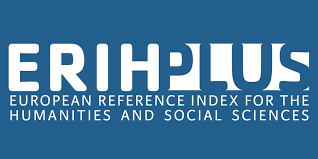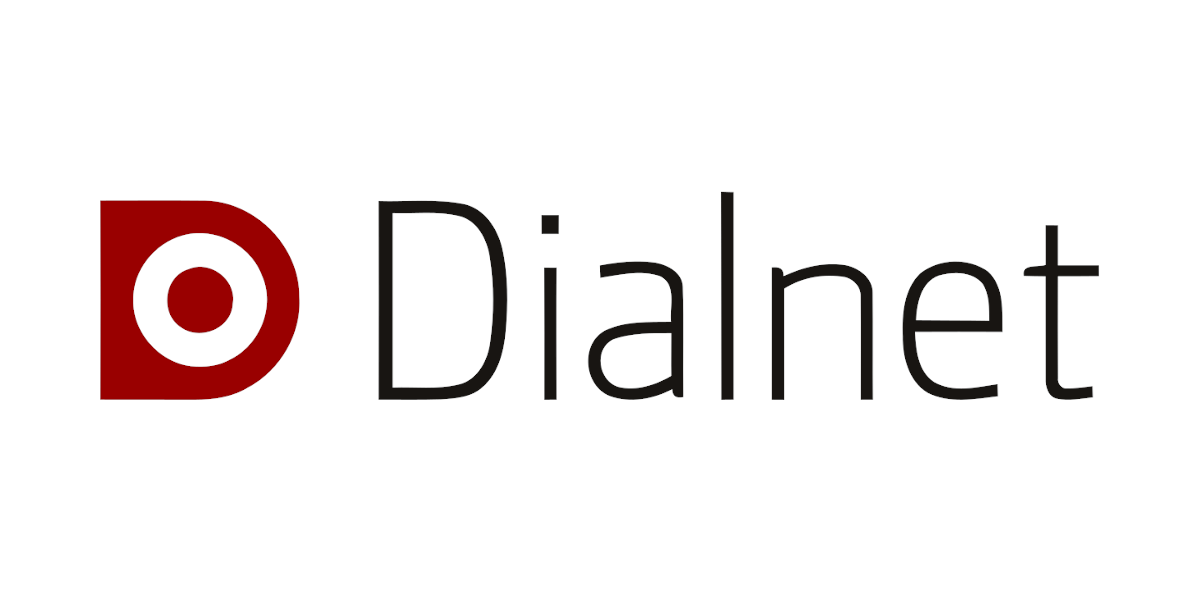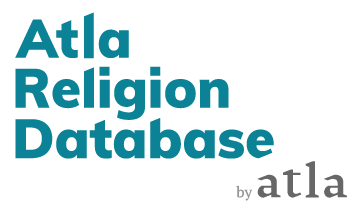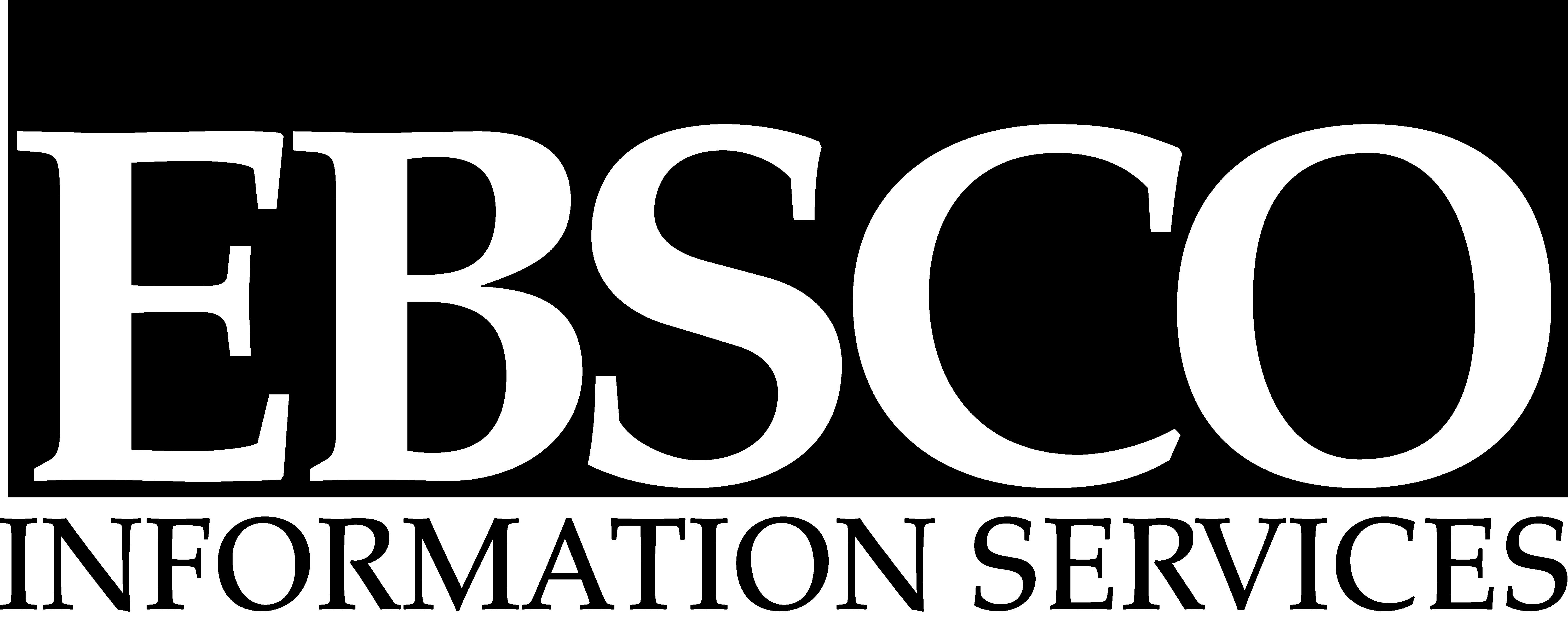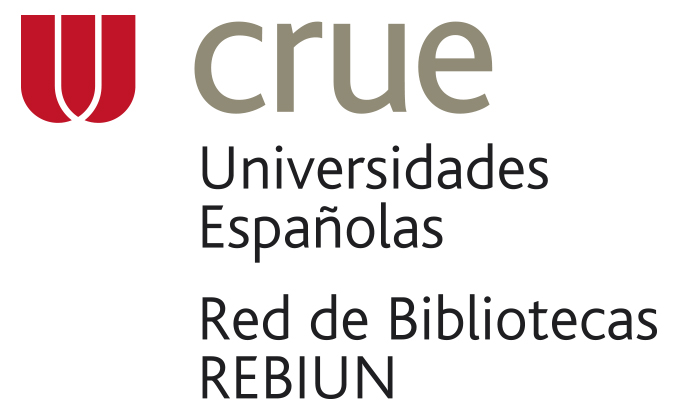VIRTUALIZATION OF THE RELIGIOUS EXPERIENCE: SOME INTERPELLATIONS OF THE CYBERCULTURE TO THE EVANGELIZING ACTION OF THE CHURCH
DOI:
https://doi.org/10.21703/2735-6345.2021.22.02.006Keywords:
Cyberculture, New Technologies, Mangroves, CyberteologyAbstract
The new technologies that have transformed the daily lives of men and women, have also brought opportunities and questions to the different institutions of society, including religious ones. How will the good news of the gospel be communicated in a dynamic cyberculture What are the new scenarios in which evangelization is done, what are the transformations that will have to be implemented to carry out the mission, and how will the transition from an evangelization centered on personal presence in a specific place to a digital and virtual world be made. This work aims to raise questions that arise from the encounter of the evangelizing mission with the emerging culture, and in turn outline some guidelines to consider in pastoral work. A brief tour through these new scenarios to account for the transition from face-to-face to virtual (2) to outline what the new cyberculture is (3) and later expose the virtualization of religious experience (4) and some tensions between the traditional and virtual (5) to conclude with some implications in pastoral work (6) and a brief conclusion. It is a new and rapidly changing social environment, which needs to be thought from the perspective of faith in open dialogue.
Downloads
Downloads
Published
How to Cite
Issue
Section
License
The Anales de Teología is an open access journal and does not charge for publication. In addition, it regulates its Copyright and access policy according to the Creative Commons Attribution-NonCommercial 4.0 International Public License (CC BY-NC 4.0), therefore sharing (reproducing and distributing the material in any medium or format) and adaptation (modifying, transforming, and creating from the material) is allowed as long as proper credit is given and the citation is included with the corresponding data. Moreover, it is not allowed to use the material for commercial purposes.





